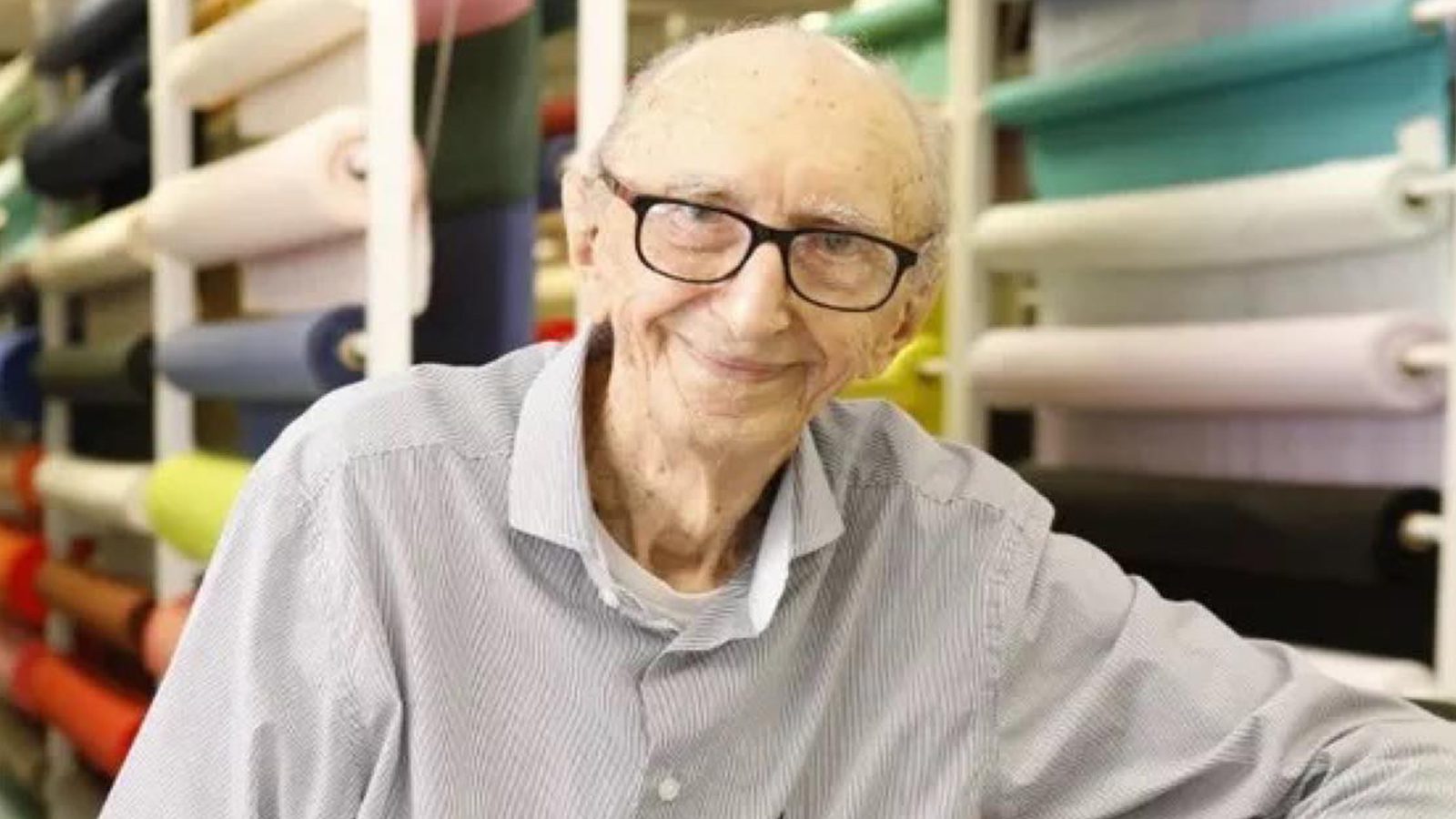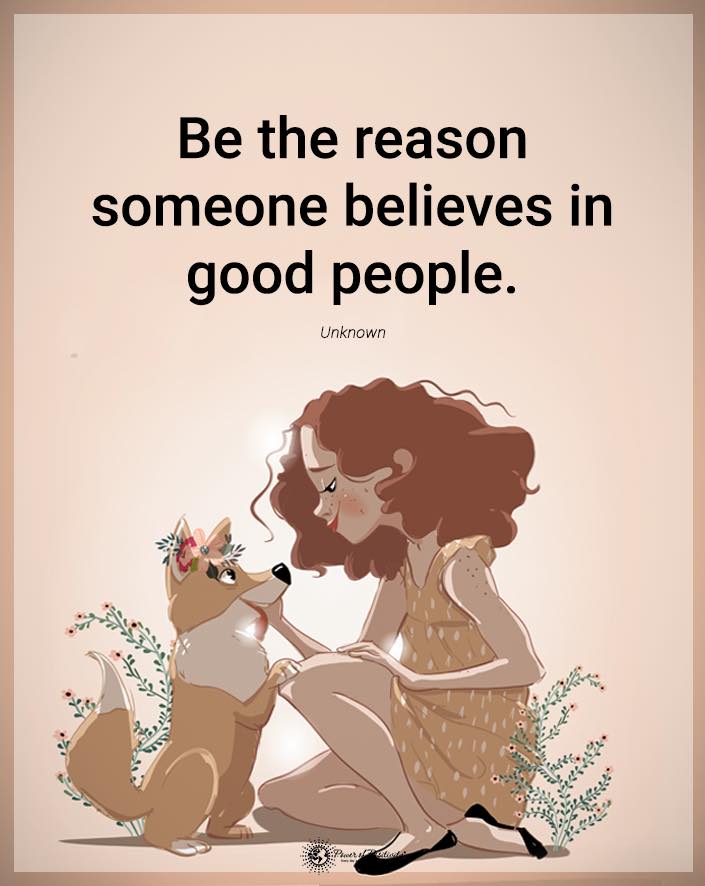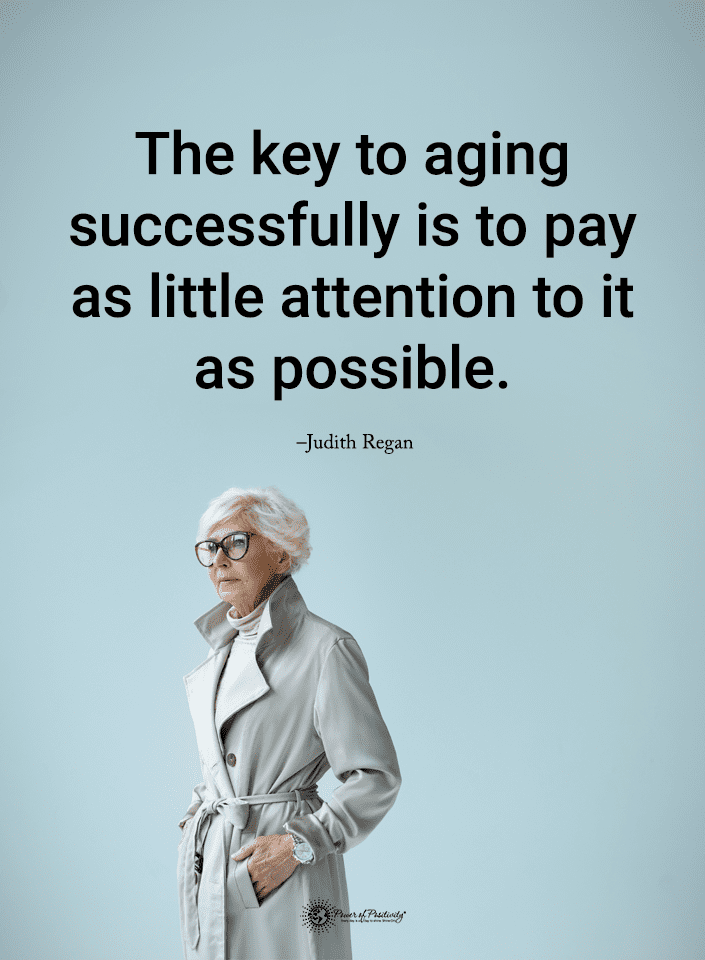When Walter Orthmann was only fourteen, he began his journey toward setting a world record. He worked for the same textile company in Brazil for more than 84 years, catching the attention of Guinness World Records. The Guinness World Records tracks and recognizes the best achievements in the world.
They use fair methods to keep track of record-breaking achievements. According to their website, it began as a way to solve pub arguments. When Sir Hugh Beaver couldn’t find specific answers in reference books, he came up with the idea for Guinness to create a book.
Beaver enlisted the help of Norris and Ross McWhirter, twins who were also fact-finding researchers. The first Guinness World Records book took lots of work, including 90-hour work weeks leading up to publication in 1955. The hard work seemed to pay off as the book became a best seller and a highly trusted brand.
Orthmann’s achievement in the Guinness World Record came after working for 84 years at the same company. No one else had ever worked for the same company for so long, and he passed the record guidelines.
How Orthmann Started His World Record Journey
In January of 1938, Orthmann began his work at Industrias Renaux S.A. His family struggled financially, and it was common for children to work in those days. Orthmann told the Guinness World Records, “Back in 1938, kids were expected to work to help support the family. As the oldest son of five, my mother took me to find a job at the age of 14.”
His first position at the textile company was as a shipping assistant. From there, he moved up to sales until landing a management position.
Growing up, Orthmann’s family struggled financially. He walked barefoot to school but excelled academically.
Due to his German proficiency, he got hired by the textile company. When he became a salesperson, he filled enough orders to equal enough work for three months. This accomplishment came within a week of his new position as a salesperson.
What Kept Him Going
According to the Guinness World Records, Orthman enjoyed how work gave him a sense of purpose. He also liked the commitment and routine of his work life.
Orthmann had the opportunity to travel during his time with Industrias Renaux S.A., one of his favorite parts of the job. He enjoyed meeting new people. It helped him understand the world and the need to adapt to change. During his time at the company, he experienced many changes, including Industrias Renau S.A. changing its name to ReneauxView.
He loved meeting new people and clients and could become friends with many of them. He also enjoyed staying current on new processes and practices to implement into his strategy.
Was He Trying to Break the World Record?
Orthmann didn’t keep working to break the world record. Instead, he focused on staying happy and worked in an environment that allowed for it.
Orthmann’s Advice
When Orthmann turned 100, he celebrated his birthday with loved ones and friends at ReneauxView. Orthmann advises staying present instead of focusing on the past or future. He used his curiosity to keep learning new things, moving forward continuously.
Orthmann prioritizes exercising each morning to keep his health up, likely contributing to his hundred years of life. His story shows that you can love what you do for a living. It also reminds you of your health and well-being.
How World Records are Measured
Guinness World Records has a set of rules for every record and requires specific evidence. This method ensures that everyone has a fair chance to achieve their goal.
The records vary over many categories and include a diverse group of record holders. Applying before you attempt to break the record can help you follow all guidelines. Once you fill out an application, you’ll receive all the necessary information.
Record Evidence
You can’t record your evidence any way you want. Instead, Guinness World Records requires the following:
- independent verification from expert witnesses specializing in the field
- measurement proof conducted by a qualified professional based on length, weight, number, area, temperature, or other factors
- a log book for attempts with a long duration
- time kept by experts
Every record attempt will come with differing requirements. Filling out an application before you begin can help prevent mistakes and wasted time.
What Makes a Title
Guinness World Records has strict policies about what can earn a title. Their standards include that it must be measurable and not subjective. It also must be breakable so that others can take on the challenge.
Part of being breakable includes having parameters and conditions everyone can follow. The record must also be verifiable with evidence and based on one variable or unit of measurement.
They also follow a set of values, including integrity, respect, inclusiveness, and passion. It can’t become a title if the record doesn’t follow these values. Some of the things they won’t give a title to include things that involve:
- causing harm or danger to viewers
- harming animals
- overeating or wasting food
- alcohol
- illegal activities
- anyone under sixteen doing things unsuitable for minors
Other Inspiring World Records
Orthmann’s record isn’t the only inspiring story in the Guinness World Records. These records show you that anything is possible with drive and determination.
Oldest Woman in Space
Wally Funk was the oldest woman in space. She always had a passion for aeronautics, starting as a young girl and looking up to Amelia Earhart.
Funk enrolled in a woman flying club at sixteen, earning a pilot license at seventeen. Later, she became a flight instructor for Air Force troops. Funk went on to help with Mercury 13, although she wasn’t allowed to join the spaceflight. She got recognized with an Achievement Award for her work. She continued training people, but it wasn’t until 2021, when she was 82, that she was able to travel in a rocket.
First Functional LEGO Prosthetic Arm
David Aguilar created the first prosthetic arm using LEGOs. He was only nine when he designed his first prosthetic arm. His first attempt wasn’t strong enough, but he didn’t give up.
Aguilar was born without a fully developed right forearm due to Poland Syndrome. This syndrome is a congenital disease involving abnormalities and underdeveloped muscles. He loved building with Legos, and after mastering many kits, he decided he would take on a prosthetic arm.
His first successful prosthetic arm involved a moveable elbow joint and grabber. This model wasn’t motorized, and he had to use his muscles, which he found to be a little painful. However, he kept going on his endeavor and created an arm that was strong enough for him to do push-ups.
Teen Earns a World Record as the Youngest Nobel Prize Winner
Malala Yousafzai won a Nobel Prize when she was seventeen. Born in 1997, her father instilled the value of education at an early age. Her father was a social activist for education rights in Pakistan.
At her father’s request, Yousafzai took up the role of blogging about her experiences living under the Taliban. She blogged under the name of Gul Makai and posted her first blog in 2009. It discussed military activity, the destruction it caused, and the closure of her school.
Two months later, she posted her final blog. Her public profile had risen, and she interviewed with national newspapers. Her identity got revealed because of the publicity and popularity, and she had to stop. She received death threats and later got shot by a masked gunman. She survived the wound, continuing her efforts after healing when she spoke at the United Nations when she was sixteen. At seventeen, she became the youngest winner of a Nobel Prize.
Longest-running Wild-primate Study
Dr. Jane Goodall earned the title of the longest-running wild-primate study. She knew at ten years old that she wanted to travel to Africa to work with animals, and the passion strengthened throughout her life.
She contributed to studying primates, wildlife in its natural habitat, and more. Goodall wanted to preserve nature and work with animals, and she set a world record in that category. 2020 marked 60 years since Goodall arrived in Tanzania to study chimpanzees. That milestone marked the longest-running wild-primate study.
She lived in a tent in a jungle of Africa and earned the chimpanzee’s trust to gain up-close observations. Eventually, she found herself accepted by the chimpanzees, marking the proudest moment of her life. Goodall’s observations changed the rules of what distinguished humans from other primates. She experienced more than 165,000 hours of observation and earned many awards through her studies.
Final Thoughts on 100-Year Old Man Sets World Record Working 84 Years at Same Company
Walter Orthmann and the other world record-setters show how dedication and passion can pay off. They encourage you not to give up on your dreams because you never know what they can become. Discover what means the most to you and spend your life pursuing it. You can find success in the most unexpected places, and you never know what you can do when you set your mind to something.





















